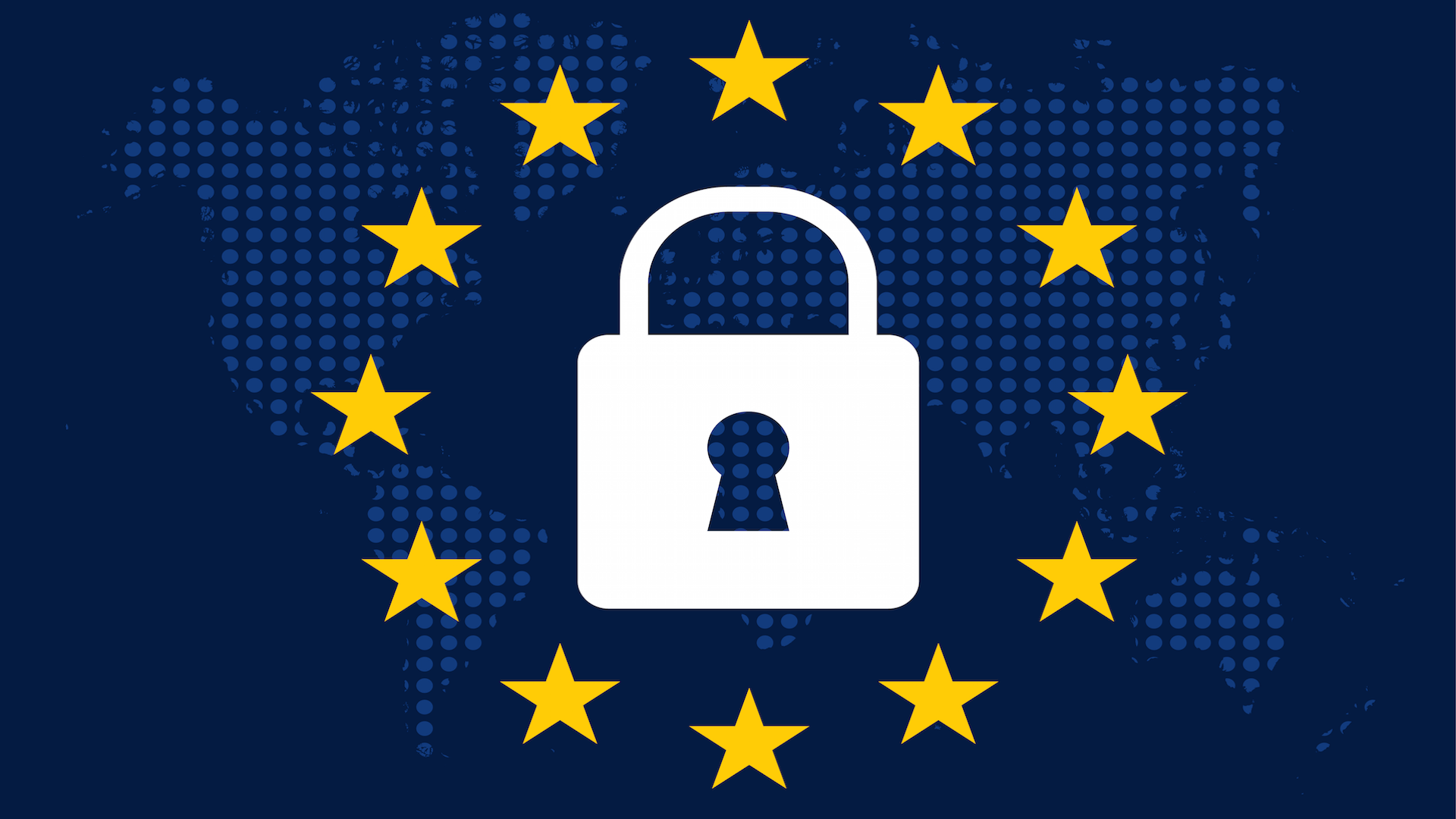Why it’s time to get bullish on accreditation for ad tech and martech in 2018
As industry groups release new standards for digital ad measurement, columnist Rob Rasko believes ad tech and martech providers will need to conform to them to stay competitive and be identified as trusted leaders.
 The digital marketing ecosystem is continually growing. Part of that growth comes from the ever-increasing capabilities of advertising and marketing technology. As more data, more tech, more machine learning and more programmatic sophistication enter the marketing ecosystem, industry accreditation will have even greater value for all parties.
The digital marketing ecosystem is continually growing. Part of that growth comes from the ever-increasing capabilities of advertising and marketing technology. As more data, more tech, more machine learning and more programmatic sophistication enter the marketing ecosystem, industry accreditation will have even greater value for all parties.
Accreditation can and likely will become the key variable in identifying trusted leaders in ad and martech. Marketers continue to demand safe, well-lit, well-understood technology that enhances their ability to spend ad and promotions dollars wisely and win brand loyalty and customers.
Digital advertising technology can both fill and create new needs: data integration across multiple parties; targeting by personal characteristics/content interest groups; ad selling and buying through white-label and open platforms; brand safety; and measuring and confirming who saw ads when and where. We need look no farther than the Marketing Technology Landscape (“Martech 5000”) — a depiction of the number of ad tech and martech services, represented by a plethora of logos from a multitude of technology providers — to see that ad tech and martech are in a crowded, highly competitive marketplace.
In the midst of this growth of companies, services and products in ad tech and martech, industry groups, notably the Media Rating Council (MRC) — in collaboration with groups like the Interactive Advertising Bureau (IAB), the Association of National Advertisers (ANA) and 4As (American Association of Advertising Agencies) — continue to develop and issue standards.
Last week, the MRC issued a new standards document, “Digital Audience-Based Measurement Standards” (PDF). These standards encompass an array of methods, metrics and data. For example, they cover methods and proofs for third-party data integrations that are to be used for audience assignment and thus impact ad targeting and measurement.
The new standards mandate the use of both general and sophisticated invalid traffic detection and filtration for the purpose of digital ad audience-based measurement. And the MRC now requires that the viewable ad impression be the digital ad impression for inclusion in audience-based measurement.
Ad tech and martech need to hop on board
As the new standards take root, the ad tech and martech marketplace will need to conform to them. Concurrently, this crowded market will need to move ahead with new solutions that require standards be written or amended, all while facing more competition and demands for transparency and accreditation.
The biggest names in ad tech and measurement already have products and services that are accredited and some in the process of being accredited. See the MRC site for a full listing of companies. Of note, Google has four accredited products and another in process. Facebook and Twitter are both in process. Many other well-known and lesser-known companies are in the accreditation process.
Clearly, accreditation is the best way to tell the market that your methods and technology processes are transparent and validated. Established solution providers gain acceptance and legitimacy. And in this competitive market, those who are newer, lesser-known players can gain traction fastest. Legitimacy open doors. Trusted parties become trusted leaders.
To the uninitiated, the question of obtaining accreditation seems like a non-issue. Of course, ad tech and martech solution providers should get accredited. To those who are familiar with auditing in general and industry accreditation in particular, moving forward with an MRC audit is not such a simple step to take.
The accreditation process can be long — usually longer than one anticipates or would like. It’s intricate. One needs people, time and process resources, all of which can be scarce in small, nimble companies.
In addition to the lack of resources, companies new to accreditation often do not have the in-house knowledge and experience to accomplish accreditation as expeditiously as possible. Rarely, if ever, do ad tech and martech companies have staff with knowledge of industry standards and how they are applied to accreditation. This is specialized knowledge, often acquired only through experience. Such knowledge is vital to the cultural transformation that many ad tech and martech companies require to get through accreditation and to benefit from it both externally and internally.
The pressure and weight of the accreditation process can be lessened if led by outside experts. This is especially true of the pre-audit that the MRC requires of all companies desiring new accreditation. The pre-audit can be the starting point of a successful accreditation. Requisite knowledge, expertise, project management and the ability to “train” in-house SMEs (subject matter experts) to understand why and what is needed are critical to optimizing the accreditation process.
Knowing how invaluable accreditation will be going forward, it’s important for technology vendors to begin investing in the process if they haven’t already done so. The future value of this investment will pay dividends in the long run as consolidation occurs and less viable players in our space close their doors.
Contributing authors are invited to create content for MarTech and are chosen for their expertise and contribution to the martech community. Our contributors work under the oversight of the editorial staff and contributions are checked for quality and relevance to our readers. MarTech is owned by Semrush. Contributor was not asked to make any direct or indirect mentions of Semrush. The opinions they express are their own.
Related stories
New on MarTech